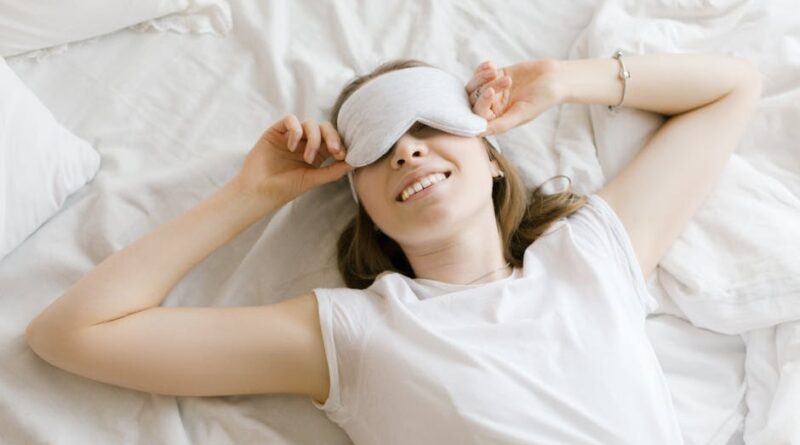The Impact of Sleep on Eye Health
Did you know that a good night’s sleep can improve your eye health? It’s true! Sleep plays a vital role in how our eyes function. Yet, many of us underestimate it’s importance. This article explores how sleep affects our eyes and why getting enough rest matters.
Why is Sleep Important for Eye Health?
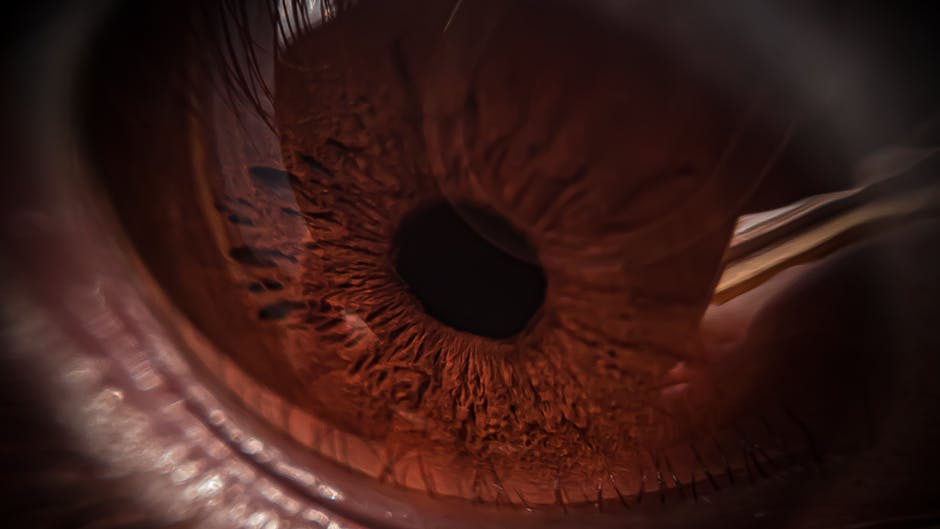
Sleep is crucial for our overall well-being. It helps our bodies repair and recover. But what about our eyes? When we sleep, our eyes undergo several essential processes.
During sleep, our eyes produce fewer tears. This might sound bad, but it’s actually a good thing. It allows our tear film to stabilize. This film keeps our eyes moist and comfortable during the day. If we don’t get enough sleep, our eyes can become dry and irritated.
How Does Lack of Sleep Affect Your Eyes?
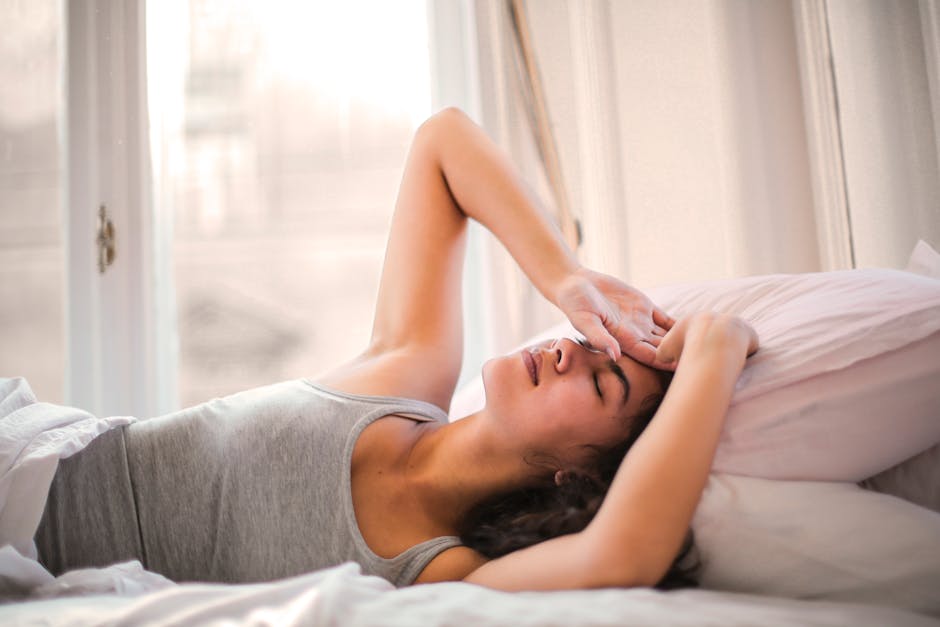
When you don’t sleep enough, your eyes can show it. You might notice:
- Redness
- Dryness
- Itching or burning sensations
- Blurred vision
These symptoms can be annoying, but they can also lead to long-term issues. For instance, prolonged dryness can cause damage to the cornea. This is the clear front surface of your eye.
What Happens When You Sleep Well?
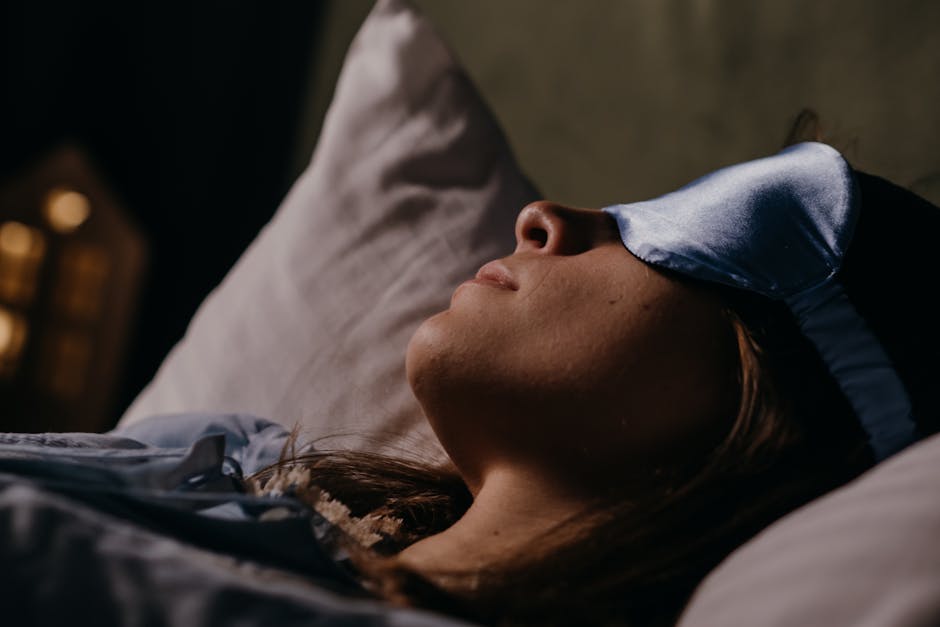
On the flip side, quality sleep can work wonders for your eyes. Here are some benefits of good sleep:
- Reduces eye strain
- Improves focus
- Enhances the healing process
- Helps maintain eye moisture
During deep sleep, our body boosts the production of important proteins. These proteins repair our cells, including those in our eyes. This process helps reduce the risk of conditions like cataracts and macular degeneration.
What Sleep Disorders Can Affect Eye Health?
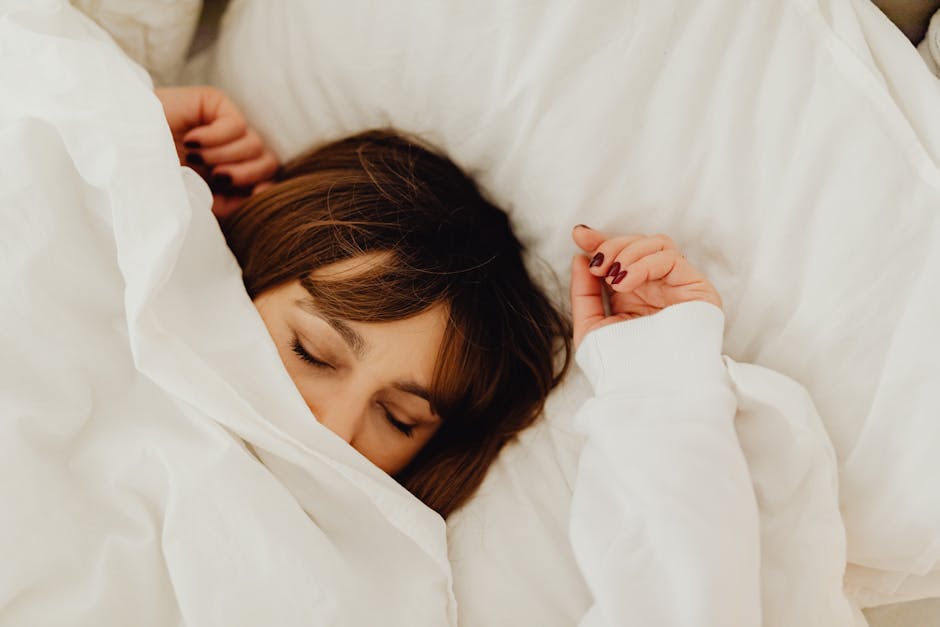
Several sleep disorders can harm your eyes. Understanding these can help you take action. Here are a few:
- Sleep Apnea: This condition causes breathing to pause during sleep. It can lead to low oxygen levels, affecting your eyesight over time.
- Insomnia: Difficulty falling or staying asleep can lead to chronic eye strain and fatigue.
- Narcolepsy: This disorder can cause sudden sleep attacks, affecting your attention and visual performance.
If you suspect you have a sleep disorder, it’s wise to talk to a healthcare professional. They can help you find ways to improve your sleep and protect your eye health.
How Much Sleep Do You Really Need?
The amount of sleep you need can vary by age. On average, adults need about 7-9 hours of sleep per night. Heres a breakdown of recommended sleep hours:
- Adults: 7-9 hours
- Teenagers: 8-10 hours
- Children: 9-12 hours
Getting enough sleep each night is one of the best things you can do for your eyes.
What Can You Do to Improve Your Sleep?
Improving your sleep doesnt have to be complicated. Here are some simple tips:
- Stick to a Schedule: Go to bed and wake up at the same time every day, even on weekends.
- Create a Relaxing Routine: Engage in calming activities before bed, like reading or taking a warm bath.
- Limit Screen Time: Reduce exposure to screens at least an hour before bedtime. The blue light can interfere with sleep.
- Make Your Bedroom Comfortable: Keep your room dark, cool, and quiet for better sleep.
These simple changes can lead to better sleep, which in turn can boost your eye health!
Are There Foods That Help with Eye Health?
Indeed, what you eat can also affect your sleep and eye health. Certain foods can promote better sleep and support vision. Here are some beneficial options:
- Fish: Fatty fish like salmon are high in omega-3 fatty acids, which help keep your eyes healthy.
- Nuts: Almonds and walnuts contain magnesium, which can improve sleep quality.
- Fruits and Vegetables: Dark leafy greens, carrots, and berries are rich in vitamins that protect your eyes.
- Whole Grains: Foods like oatmeal can help stabilize blood sugar levels, promoting better sleep.
Incorporating these foods into your diet can be a tasty way to support both sleep and eye health!
What Common Myths About Sleep and Eyes Should You Know?
Many myths surround sleep and eye health. Here are a few to clarify:
- Myth 1: You can catch up on sleep over the weekend. Fact: Sleep debt can accumulate, and catching up isn’t as effective as regular, consistent sleep.
- Myth 2: Eye strain from screens is only a daytime issue. Fact: Poor sleep can exacerbate eye strain symptoms, regardless of screen time.
- Myth 3: Drinking alcohol helps you sleep better. Fact: While it may make you drowsy, alcohol can disrupt your sleep cycle.
Understanding these myths can help you make better choices for your eye health.
When Should You See a Doctor?
If you experience persistent eye issues or sleep problems, it’s essential to consult a healthcare professional. Signs to look out for include:
- Chronic eye pain or discomfort
- Frequent headaches
- Consistent trouble sleeping
- Changes in vision
Early intervention can prevent further complications and promote better health overall.
Conclusion: Prioritize Sleep for Better Eye Health
Your eyes deserve care and attention. Sleep plays a crucial role in maintaining their health. By understanding the connection between sleep and eye health, you can make informed choices.
Remember to prioritize your sleep! Adopt healthy habits, eat well, and listen to your body. Your eyes will thank you for it.
For more information on eye health, check out the American Academy of Ophthalmology’s [website](https://www.aao.org). You can find valuable resources and tips there.
